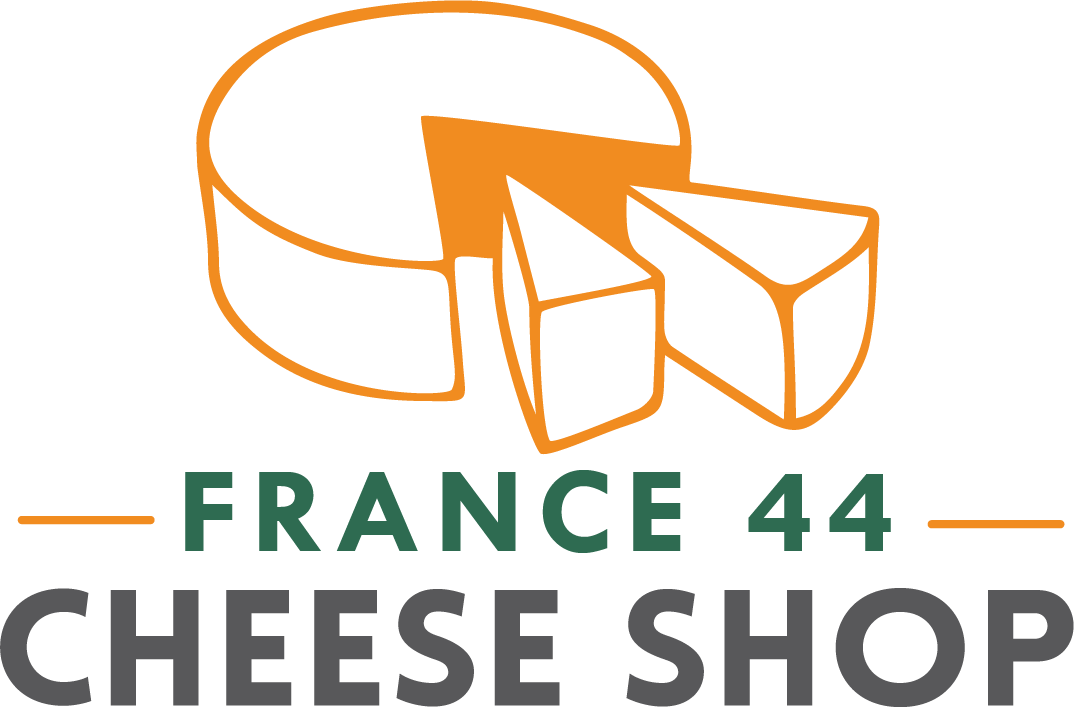Raise your hand if trying to understand the Parmesan vs. Parmigiano-Reggiano debate hurts your brain. Which one is better? Are they the same? Does it matter at all?
It does matter, if you want it to. There's that old saying, You are what you eat. If that's the sort of daily mantra you like to repeat to yourself, and if munching on the most delicious food is your thing, than you're going to want to know how and why parmesan is quite different from Parmigiano-Reggiano. Let's discuss a few myths:
1. The word parmesan means Parmigiano-Reggiano This is true! Parmesan is the English translation of Italy's Parmigiano-Reggiano. However, this doesn't mean that products designated parmesan are made in the same way or of the same quality. The United States has a stinky little history of not following international laws for naming. Much like Champagne and Kobe Beef, Parmigiano-Reggiano must be made to very specific specifications, and under specific circumstances, before it can be christened with that name. Very simply, the rules are: Parmigiano must be made with only three ingredients. Those ingredients are milk made in the Parma/Reggio region of Italy, salt, and animal rennet. It seems so simple, but check the back of the next bag of grated parmesan you buy. If it contains cellulose powder, potassium sorbate, or other ingredients like that, then it's an imposter. No Parmigiano for you.
2. All versions of Parmigiano-Reggiano (real or otherwise) tend to be dry and best for cooking Completely false. If you're seeking out true Parmigiano, you'll find that it's actually wonderful eaten on its own. Cravero Parmigiano-Reggiano (the one we sell at our shops) is particularly succulent, with sweet notes of caramel and cherry. Giorgio Cravero--the man who selects and ages each wheel at Cravero in Bra, Italy--prefers his Parmigiano to have intentional sweetness and moisture. Thank goodness! Because it's lovely and worthy of a spot on your cheese board. Skip the round green shaker of grainy parmesan in favor of a Parmigiano you can actually taste.
3. All versions of Parmigiano-Reggiano are fatty and bad for you, just like most cheeses Oh no. No no no. So long as you avoid the bastardized versions of this cheese that contain anything other than milk, salt, and rennet, you're consuming something good for you. The concentration of pure milk in Parmigiano's paste means it's full of protein, calcium, and phosphorous and is free of additives and preservatives. True Parmigiano is so uniquely nutritious that it's been known to be a staple with astronauts on space missions. So take that!
